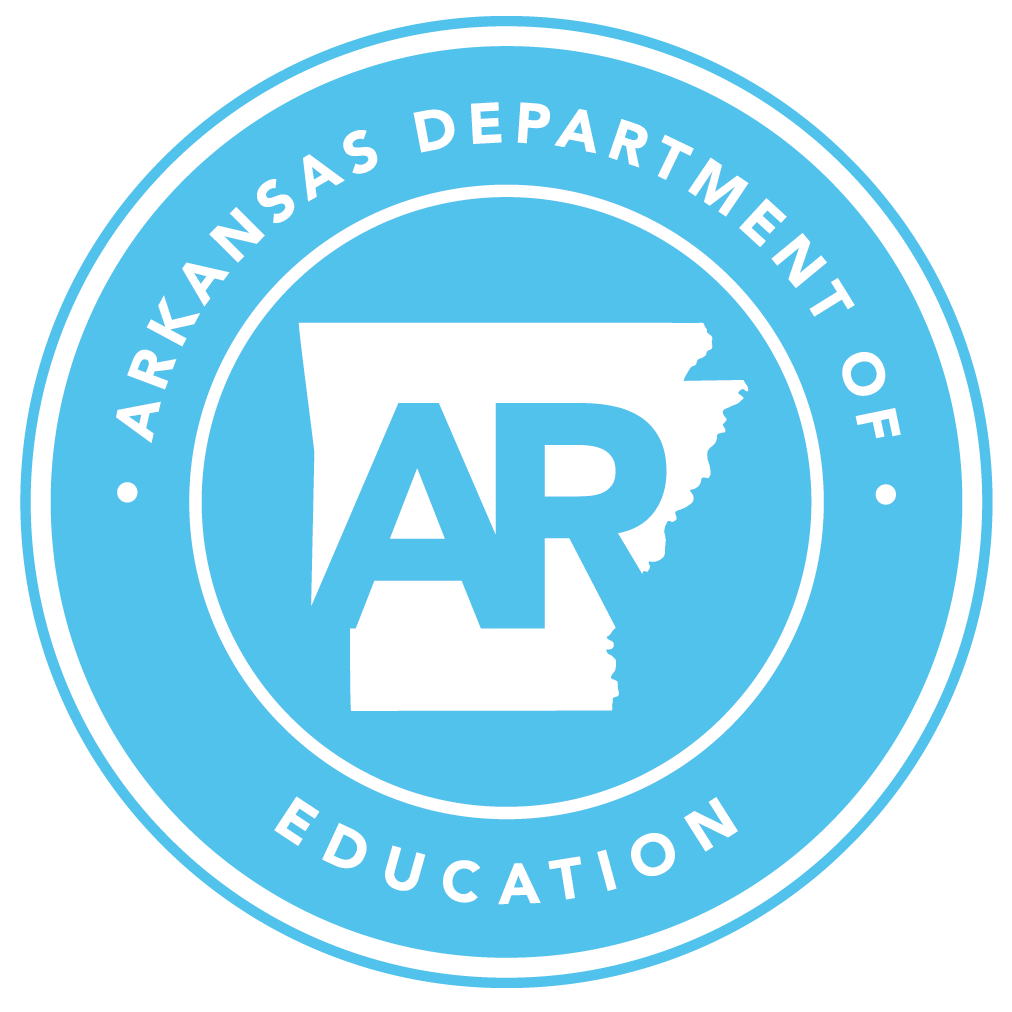HE PUBLIC SAFETY COMMANDER III
SUMMARY:
The Higher Education Public Safety Commander III is responsible for directing a medium to large-sized certified uniformed law enforcement staff assigned to investigation/crime prevention, patrol, traffic and/or training at an institution. This position is governed by state and federal laws and institution policy.
TYPICAL FUNCTIONS:
Supervises and coordinates the activities of a medium to large-sized certified public safety and administrative support staff engaged in law enforcement and crime prevention at an institution.
Assists in planning and developing departmental goals, objectives, and programs; assists in developing and administering budgets, communicates directives to employees, and develops and maintains productivity standards for proper compliance to established criteria.
Develops policy directives for assigned areas and ensures completion of departmental goals and objectives.
Keeps abreast of changes in laws, regulations, policies, procedures and practices.
Directs the operations of sub-division programs and staff assigned to investigations, crime prevention, agency or campus patrol, traffic, parking, and/or communications; coordinates testing, recruitment and training activities and recommends disciplinary actions for misconduct.
Coordinates and schedules in-service training activities for assigned personnel, communicates standards and practices to assure uniform delivery of services to the agency or campus, and coordinates law enforcement activities with campus departments and outside organizations.
Supervises special and/or complex investigations, compiles statistical reports concerning sub-division activities, and supervises the maintenance of special files, confidential documents, and legal and administrative reports.
Conveys information concerning investigations, complaints, and other public safety activities to the media or general public.
Performs other duties as assigned.
SPECIAL JOB DIMENSIONS:
Frequent travel and carrying and use of a firearm are required.
KNOWLEDGE, ABILITIES, AND SKILLS:
Knowledge of law enforcement management and supervisory principles. Knowledge of criminal laws, departmental, and agency or campus policies and procedures. Knowledge of budgetary planning and administration. Knowledge of investigative methods and techniques. Ability to organize and supervise the work activities of others. Ability to plan, evaluate, and conduct training. Ability to communicate effectively orally and in writing. Skill in the operation of firearms.
MINIMUM EDUCATION AND/OR EXPERIENCE:
The formal education equivalent of a bachelor
Back to Classification and Compensation

